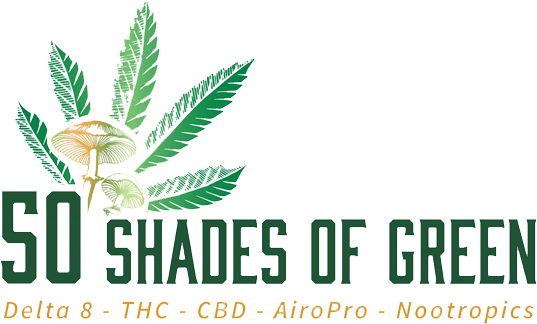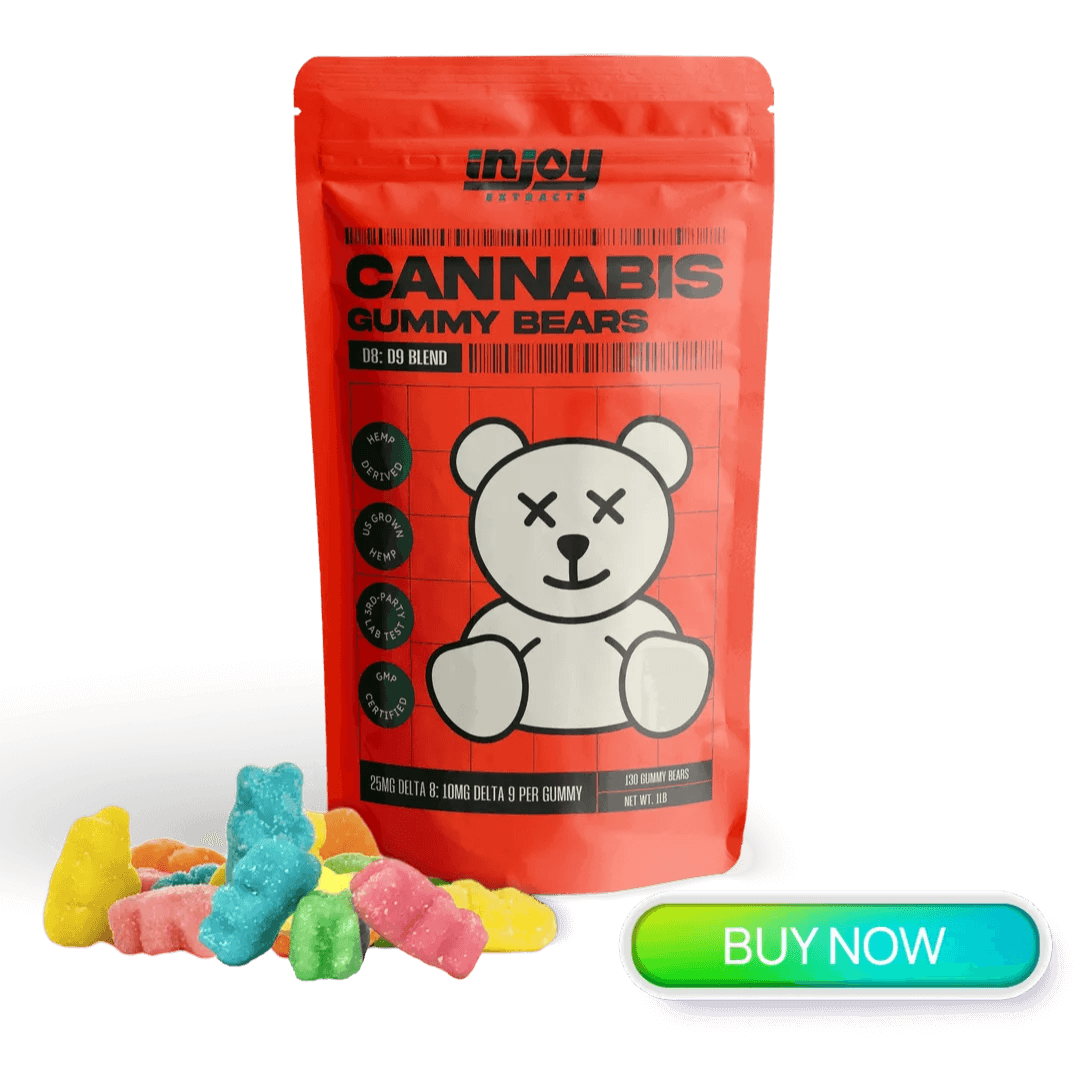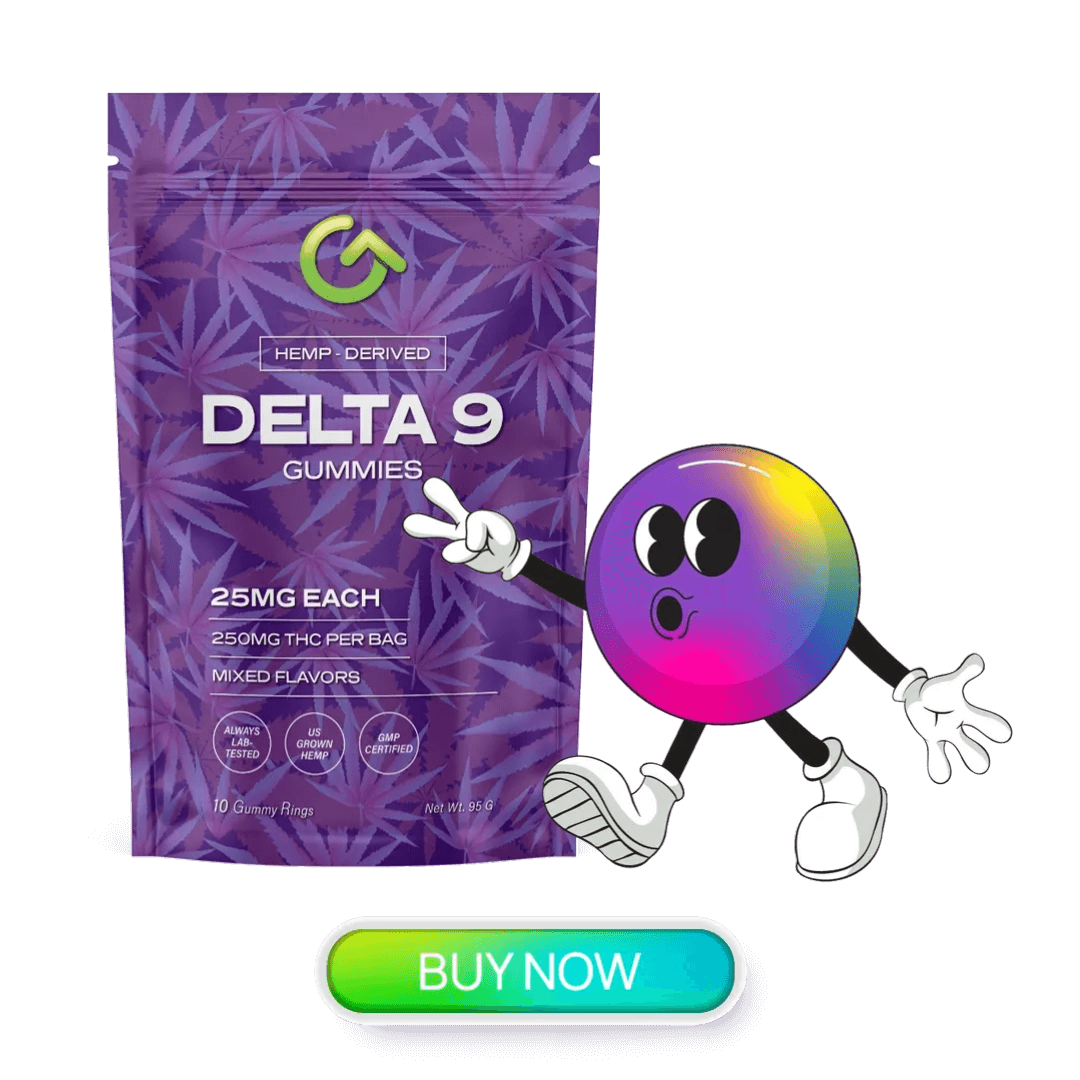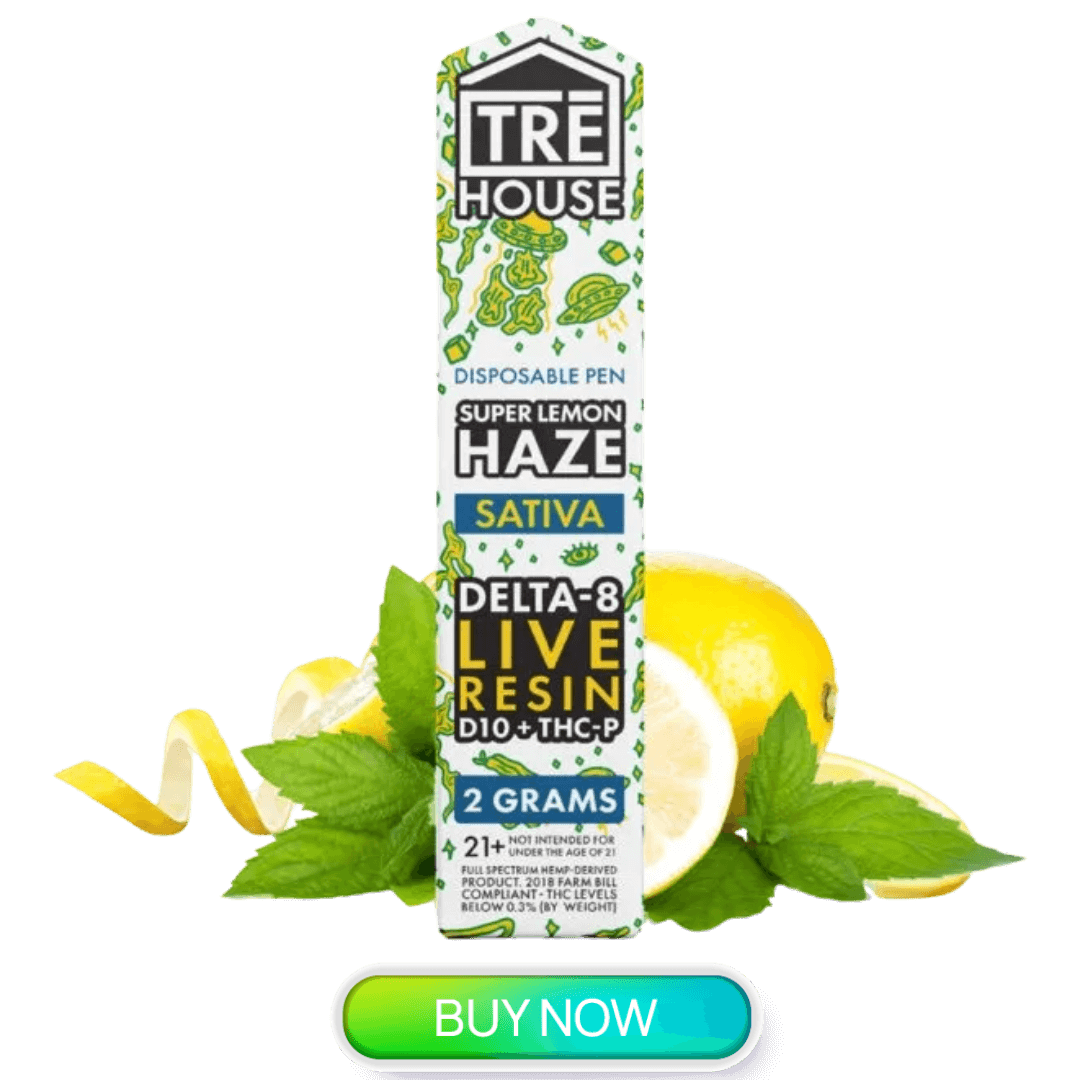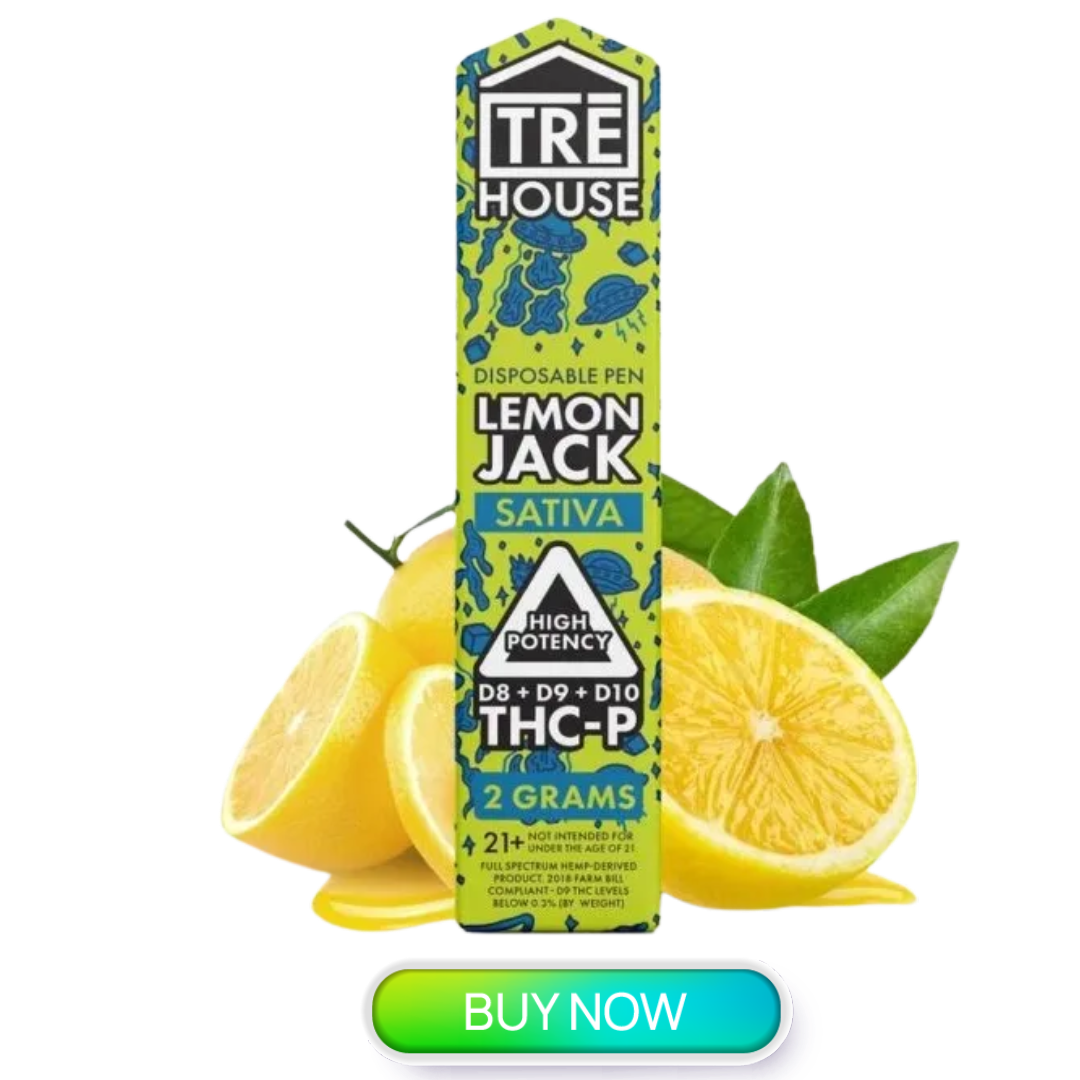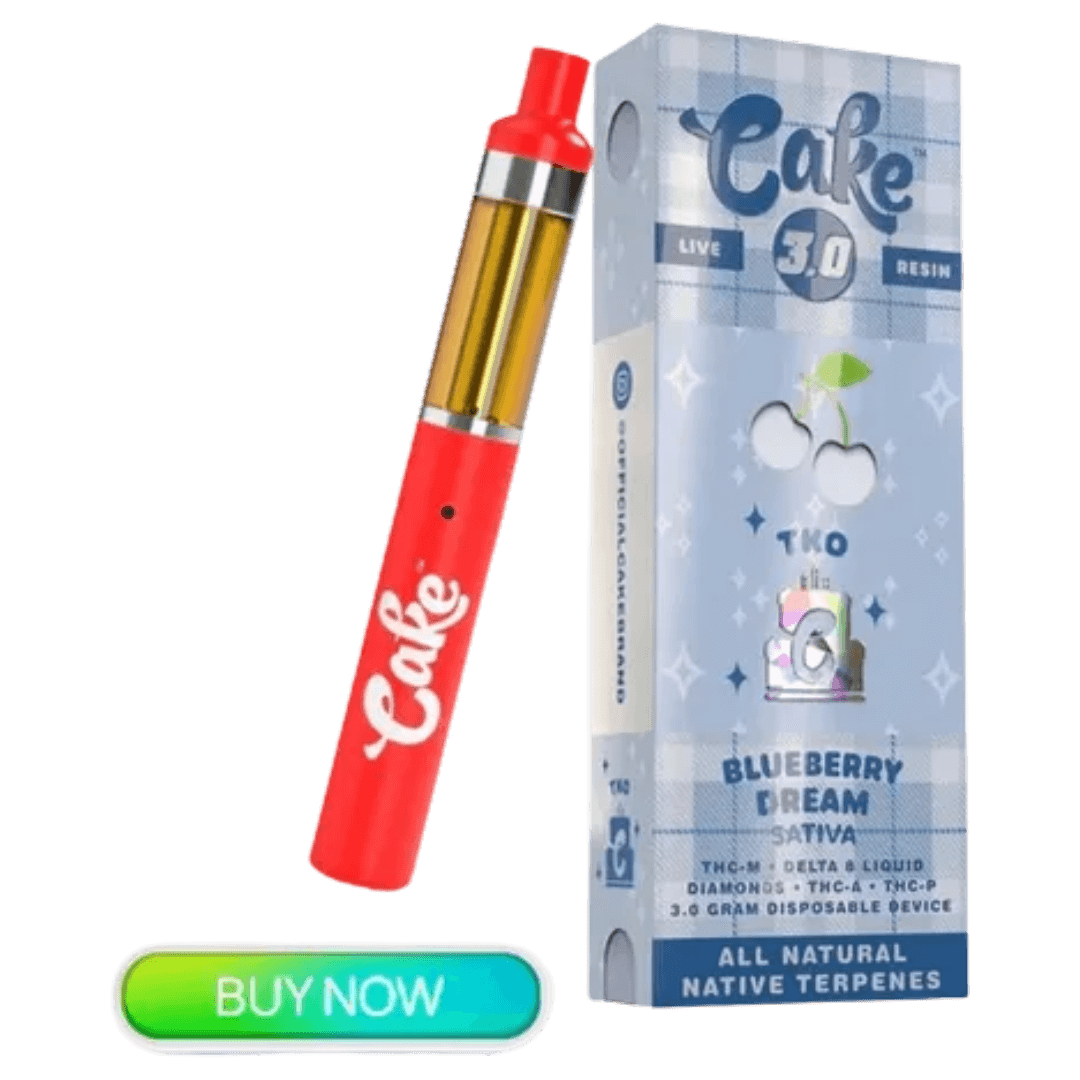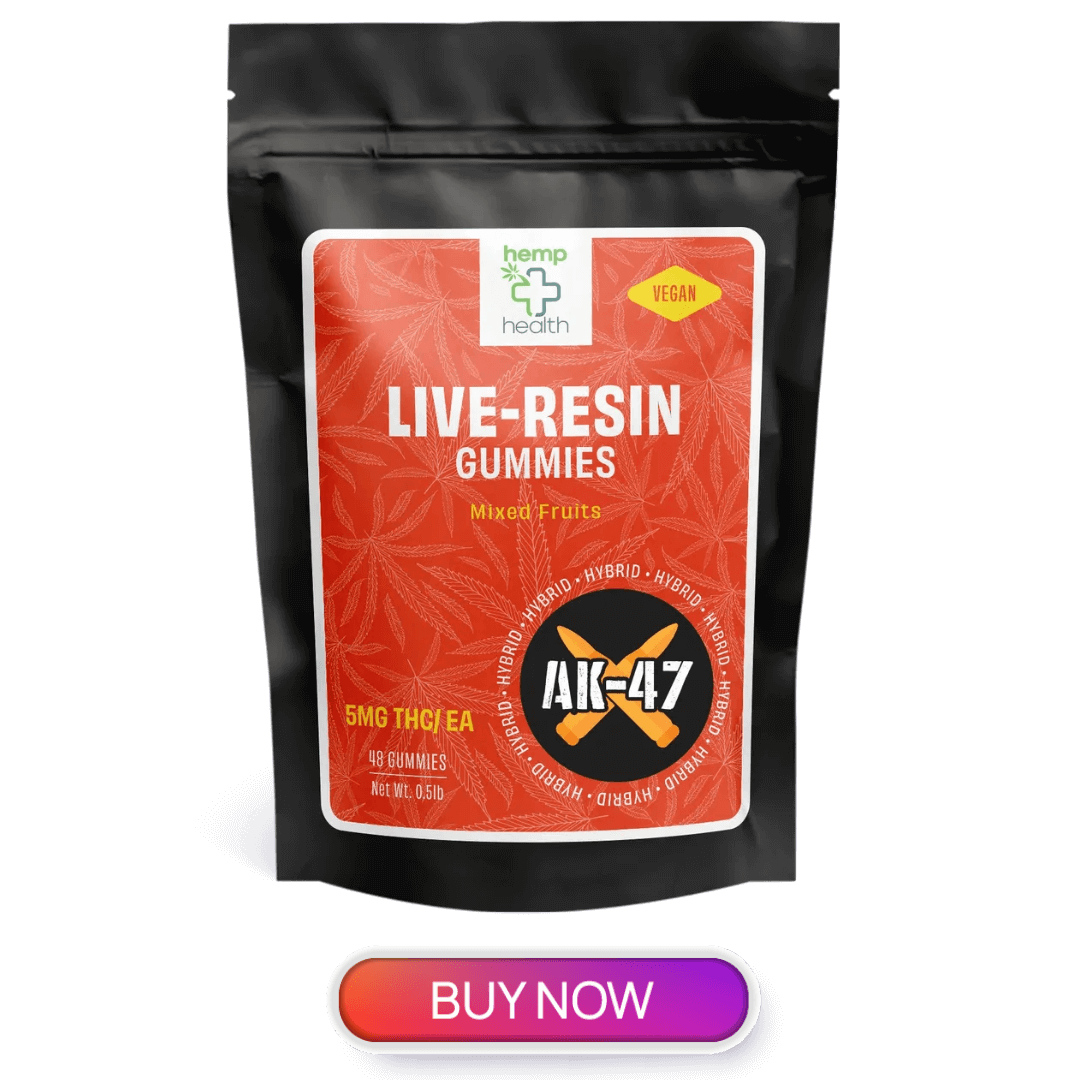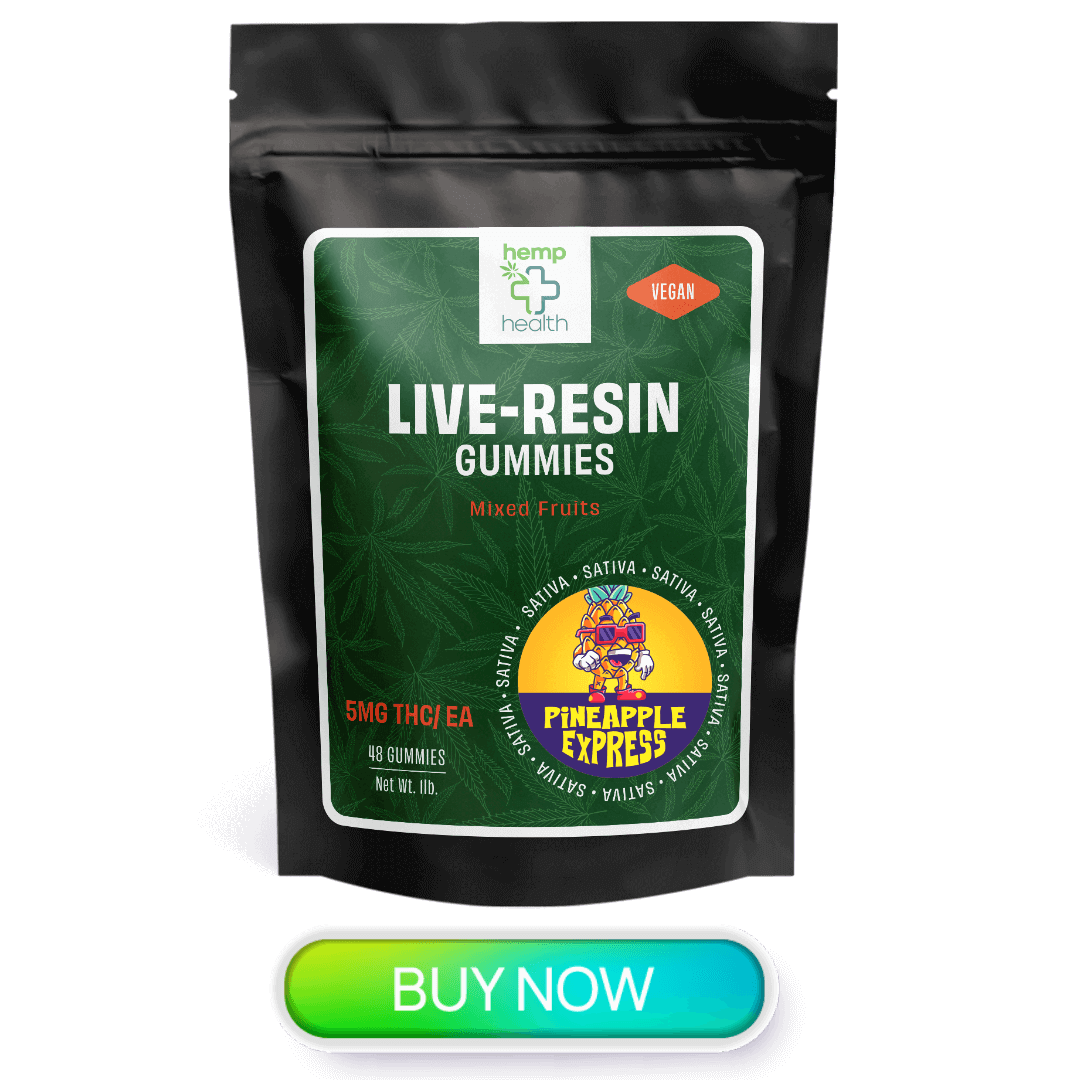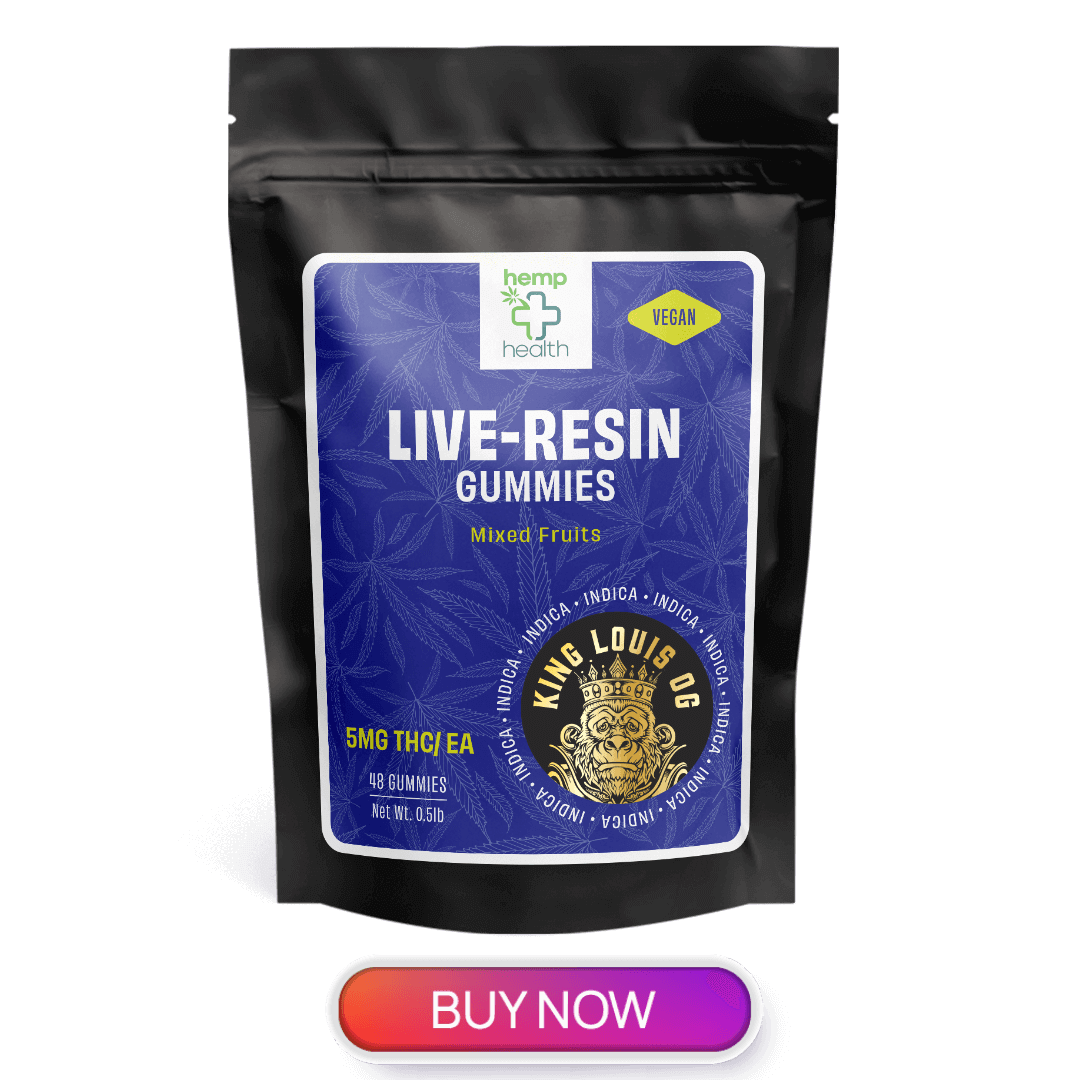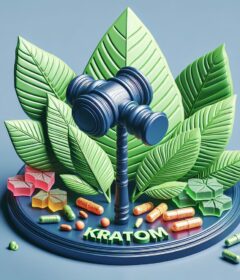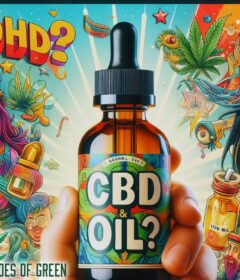THCA Omaha Crackdown: Shops Facing Lawsuits Over Packaging
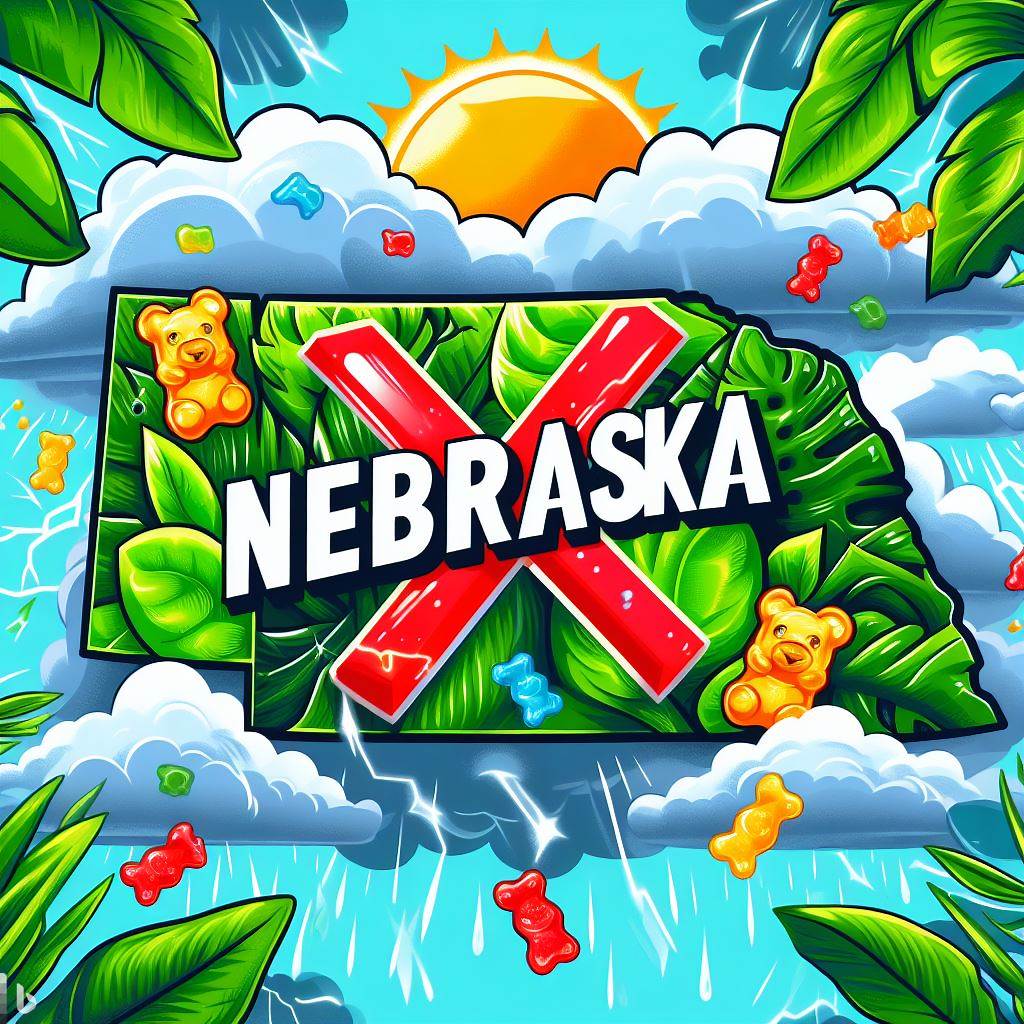
THCA Omaha hemp shops that sell Delta 8 products with deceptive packaging are under scrutiny.
Nebraska’s attorney general is attempting to crack down on the sale of Delta-8 THC products across the state through a series of consumer protection lawsuits filed against sellers of the hemp-derived cannabinoid.
Attorney General Fights Delta 8 Products in Nebraska

Attorney General Mike Hilgers announced the “unprecedented” litigation Wednesday, emphasizing what he described as the misleading labeling of Delta-8 products and the potential for harm such labels create for Nebraska’s children.
“We have retailers selling chemicals to kids — THC-containing products — to children and Nebraskans around the state,” Hilgers said at a Wednesday news conference at the state Capitol.
THCA Omaha Hemp Industry Targets
“These are mislabeled, they are untested, and they are dangerous,” he said. Hilgers’ office filed lawsuits Wednesday against retailers operating in at least 10 counties:
- Platte
- Scotts
- Bluff
- Hall
- Madison
- Lancaster
- Sarpy
- Lincoln
- Saline
- Keith
- Dawes.
And Hilgers issued a bulletin Wednesday warning consumers that the Delta-8 products, which are widely available in Nebraska, “may be dangerous for human consumption” due to what the state’s top lawyer cast as unknown production processes, mislabeling, unknown health effects, and packaging that, at times, is meant to attract children.
What the state’s top lawyer cast as unknown production processes, mislabeling, unknown health effects, and packaging that, at times, is meant to attract children.
The lawsuits mark the Nebraska authorities’ latest crackdown on Delta-8. This hemp-derived cannabinoid, legally approved at the federal level, has been on the market in our city for over two years.
In August, it made headlines as law enforcement carried out raids across the state, including in Lincoln.
Thankfully, THCA Omaha hemp products have remained on the shelves, with this cannabinoid recently gaining popularity.
Nebraska Attorney General’s Battle Against Delta-8 THC Products
Though marijuana remains illegal in Nebraska even for medical use, a provision in the 2018 Farm Bill federally legalized the regulated production of hemp. The law requires that the plant contain no more than 0.3% of Delta-9 THC, but no limits were placed on the hundreds of other cannabinoids present in hemp, including Delta 8, essentially creating a loophole for businesses to sell it.
THCA Omaha hemp shops may increase in sales depending on the verdict of Delta 8, as it’s naturally derived and precisely labeled.
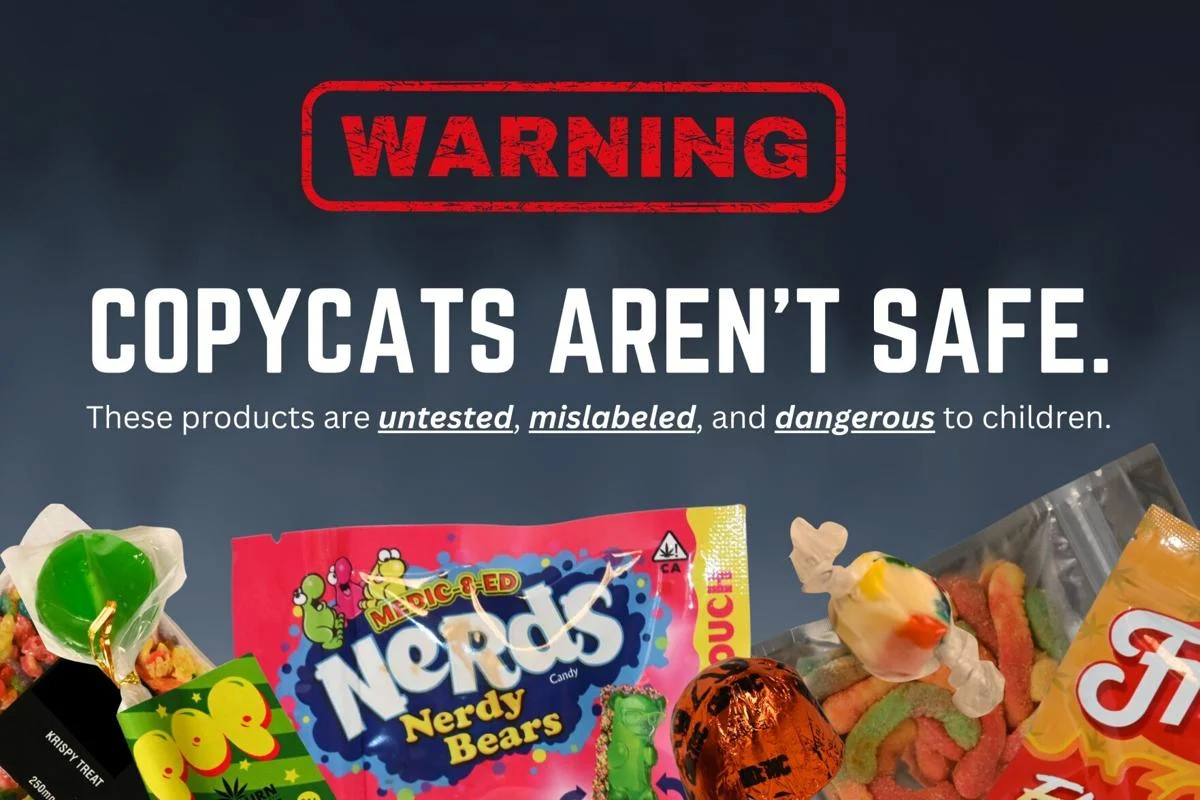
Hilgers said the lawyers in his office believe the products, when synthetically produced, are illegal — but the attorney general isn’t pursuing criminal action against the retailers. He said consumer protection laws give his office broader authority to halt the sale of the drugs than individual criminal prosecutions would.
Among the targets of Hilgers’ suits are 50 Shades of Green and The Cannabis Factory, both Omaha-based companies that operate dispensaries across the state — including in Lincoln — that sell CBD and Delta-8 products. They may also distribute THCA Omaha hemp products.
Nebraska AG Uses Statistics in Favor of Delta 8 Regulation
Nebraska’s attorney general filed 10 lawsuits and issued a consumer protection warning Wednesday over Delta-8 THC products that come in packaging that resembles that of popular household snacks.
The state also seeks “appropriate monetary relief” for the dispensaries’ “numerous and repeated violations.”
But more than anything, Hilgers said Wednesday, his office hopes “to make sure these aren’t sold on the shelves,” imploring the state’s Delta-8 retailers to cooperate with his office or risk facing “other actions.” He declined to comment on any criminal investigations his office may or may not be conducting.
The attorney general’s concerns over the products extend far beyond their suspect packaging, which Hilgers indicated also violates trademark laws. He said his office had sent letters to companies like Frito-Lay alerting them to the apparent infringements.
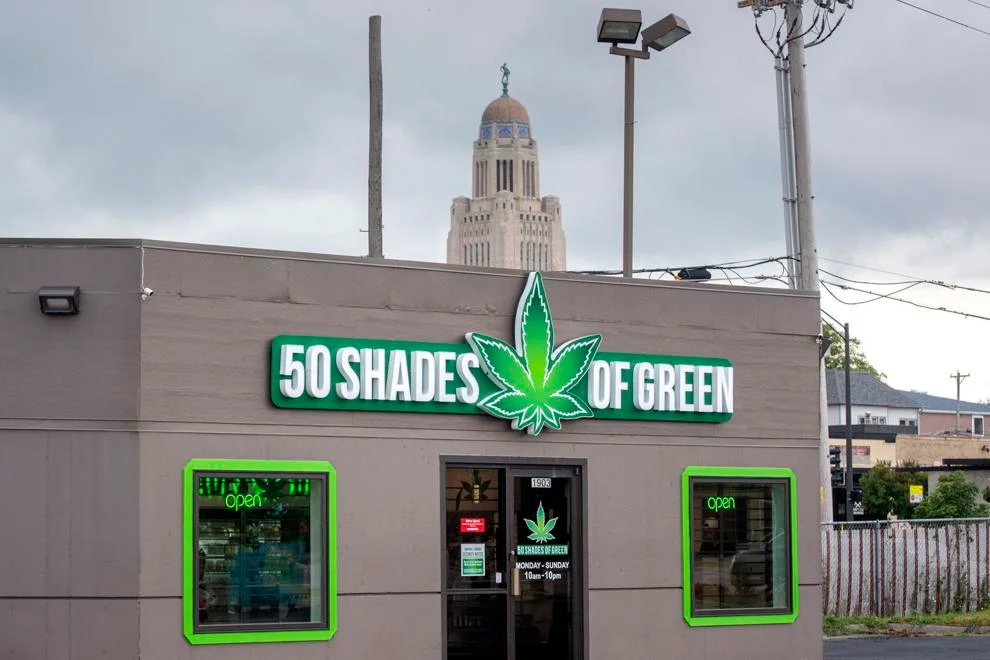
More urgent, he said, are the potential dangers the products pose to all consumers due to often inaccurate potency and ingredient descriptions.
Hilgers said only 15% of the more than 100 Delta-8 products his office purchased and had tested — including vape, flower-based, and edible products such as gummies — accurately displayed their potency and ingredients on the label.
Some products that claimed to be Delta-8 were, in fact, Delta-9 or a different caliber of THC, Hilgers said. Others had claimed a smaller THC dosage than was present in the product.
And, he said, tests revealed heavy metals, mold, ethanol, and acetone within some Delta-8 consumables, which Hilgers said are “synthetically” manufactured.
“In a world in which Nebraskans should expect, rightfully, that their product ingredients and packages are 100% accurate — we’re not talking about 90% accurate, we’re not talking about 70% accuracy — we’re talking about 15%,” Hilgers said. “It’s a game of Russian roulette that Nebraskans are losing.”
50 Shades of Green Dispensary & Nebraska Shops Remain Quiet
An attorney for 50 Shades of Green couldn’t immediately comment on the state’s lawsuit Wednesday. Tom Whitmore, an Omaha-based lawyer listed as The Cannabis Factory’s registered agent in state business records, did not return messages seeking comment.
Hilgers’ office also filed complaints against Ms. Vape Shop in Saline County, Greenhouse Grandma in Dawes County, High Flow Cannabis in Hall County, First Stop Vape Shop in Keith County, A Botanical Dream in Lincoln County, Kynd Co. Vape and Smoke in Madison County, Chasing Clouds Vape Collective in Platte County and Zy Glam in Scotts Bluff County.
In a 37-page complaint filed in Lancaster County against The Cannabis Factory, Hilgers accused the retailer of violating the state’s consumer protection laws by seeking to “entice and ultimately ensnare Nebraska’s most vulnerable consumers: teenagers and children.”
Nebraska Attorney General Mike Hilgers announced Wednesday that he’s attempting to crack down on selling Delta-8 THC products across the state through a series of consumer protection lawsuits filed against sellers.
Both in the lawsuits and at Wednesday’s news conference, Hilgers pointed to Delta-8 products and packaging that closely resemble those of candy and other household snacks — such as Fritos, Rice Krispies Treats, and Nerds candy — as evidence supporting his claims.
“These are gummies that would be indistinguishable even to an adult, let alone a child,” Hilgers told reporters Wednesday, pointing to look-alike products that investigators in his office purchased from THC shops across the state. Other products, such as THCA Omaha joints and edibles, haven’t entered the debate.
In the lawsuits, Hilgers was plainspoken about what his office believes is the dispensaries’ collective motive: profit.
“… And in seeking to maximize its financial gains, Cannabis Factory has repeatedly misled the public about the substantial dangers of its THC-containing products,” Hilgers wrote in one such suit, which, like the others filed Wednesday, seeks an injunction ordering the dispensary to stop selling products that run afoul of consumer protection laws.
Live Resin Disposable Carts / Dispo Cart
Hilgers’ Uses National Data to Target Delta 8 in Nebraska
The attorney general also pointed to more than 2,000 instances nationwide of Delta-8 poisonings reported to the Federal Adverse Event Reporting System — 82% of which involved children.
Hilgers suggested such poisonings are “almost certainly underreported” and that children have already been hospitalized after consuming — or vaping — Delta-8 in Nebraska. Still, he said his office wasn’t aware of any deaths in the state tied to the use of the cannabinoid.
“To those selling these products: they need to stop,” he said. “This is putting Nebraskans at risk. It’s putting Nebraska children, most importantly, at risk.”
Hilgers also claimed “no evidence that any of these stores ID” customers. But he offered no evidence to suggest the retailers don’t verify the ages of patrons, particularly young ones.
He said his office had yet to carry out any compliance checks like those regularly conducted on alcohol vendors in the state.
Though Hilgers cast his crackdown on Delta-8 products as “totally separate” from ongoing efforts to legalize marijuana — which remains illegal even for medical use in Nebraska — proponents of legalized marijuana pointed to the consumer protection litigation as evidence in support of their cause.
“This is exactly why we have been pushing to legalize medical marijuana for the past five years so that we can have a safe and accessible regulatory system,” former state Sen. Adam Morfeld, a co-sponsor of the latest petition drive seeking to put the issue to voters, said in a social media post-Wednesday.
Hilgers, though, said Wednesday that he remains opposed to legalizing marijuana in Nebraska and doesn’t support the regulation of either marijuana or the other cannabinoids present in hemp that he is fighting to remove from the store shelves across the state.
“In my view, Delta-8…shouldn’t be sold at all,” he said. “So I don’t think a regulatory mechanism for Delta-8 would be appropriate because there is no health benefit at all.”
Live Resin Gummies Near Me
FAQ: Delta 8 in Nebraska
- What is Delta-8 THC, and why is it under scrutiny in Nebraska? Delta 8 THC is a cannabinoid legally approved at the federal level as long as it’s derived from hemp and meets Farm Bill regulations. However, in Nebraska, the state’s attorney general has filed lawsuits against retailers selling Delta-8 products due to concerns about misleading labeling, unknown health effects, and packaging that resembles popular household snacks, potentially attracting children.
- What prompted the crackdown on Delta-8 products in Nebraska? The attorney general’s office in Nebraska raised concerns about the potential harm caused by mislabeled, untested, and potentially dangerous Delta-8 THC products being sold in the state, emphasizing their appeal to children and the lack of accurate labeling and testing.
- Which shops or retailers are targeted in the lawsuits? The lawsuits were filed against several retailers, including 50 Shades of Green, The Cannabis Factory, Ms. Vape Shop, Greenhouse Grandma, High Flow Cannabis, First Stop Vape Shop, A Botanical Dream, Kynd Co. Vape and Smoke, Chasing Clouds Vape Collective, and Zy Glam across various counties in Nebraska.
- What are the specific concerns raised about these Delta-8 products and their packaging? Concerns highlighted include packaging that resembles popular snacks like Fritos, Rice Krispies Treats, and Nerds candy, potentially appealing to children. The attorney general’s office alleges that some products are indistinguishable, even to adults, from their snack counterparts.
- What are the risks associated with these Delta-8 products? The concerns encompass a range of issues, including inaccurate potency and ingredient descriptions, undisclosed heavy metals, mold, ethanol, and acetone in some products, as well as instances of poisoning, reported nationally, with a high percentage involving children.
- Are there specific violations identified in the lawsuits? The lawsuits focus on alleged violations of consumer protection laws, with claims that retailers misled the public about the dangers of their THC-containing products and breached trademark laws by mimicking household snack packaging.
- Is there any regulation or oversight concerning these products in Nebraska? The attorney general’s office alleges that these products lack accurate labeling verification of ingredients and potentially pose risks to consumers. They’ve emphasized the need for stricter control and compliance checks similar to those conducted on alcohol vendors in the state.
- What action does the attorney general’s office seek through these lawsuits? The lawsuits seek injunctions to stop the sale of products that violate consumer protection laws, appropriate monetary relief for violations, and a collective goal of removing these products from store shelves.
- Are there discussions about potential regulation or legalization of these products? The attorney general remains opposed to the sale of Delta-8 products and does not support their regulation. Meanwhile, proponents of legalized medical marijuana argue for a regulated system to ensure safer access to cannabinoids.
- What is the potential impact on businesses and consumers due to these actions? The lawsuits and warnings issued may significantly impact the sale of Delta-8 products in Nebraska, potentially affecting businesses that distribute such items while aiming to protect consumers, especially children, from potential health risks associated with these products.
